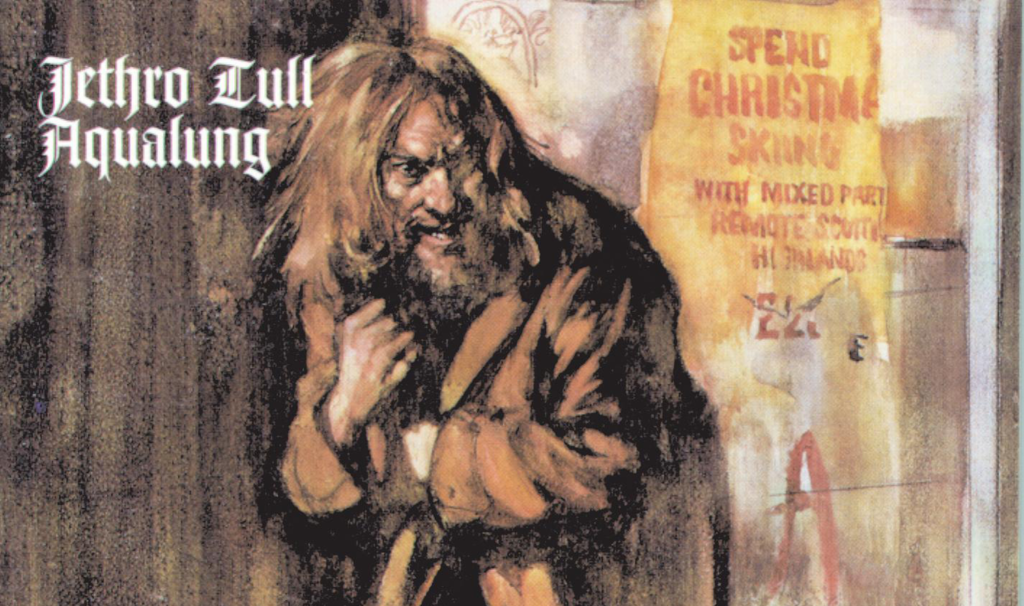Jethro Tull
Aqualung: Fifty Year Celebration review by Chris High
Ahh, 1971! A year when gold could be owned by mere mortals beyond the value of four gold coins, decimalisation was a new concept and Enoch Powell was predicting ‘rivers of blood’ in the streets of England if immigration was not concerned. Well, at least something’s don’t change. Neither, fortunately, does quality.
1971 was also the year a Progressive Rock band hailing from Blackpool released an album that would change the genre forever. Jethro Tull – having taken their name from the Basildon born agriculturalist famous for inventing the seed drill and the horse drawn hoe – shifted from jazz infused blues to Prog, largely because its leader, Ian Anderson, relaised pretty early on he was never going to play guitar as well as Eric Clapton.
Well, Blues-Rock’s loss became Prog’s gain and Aqualung became a touch stone for all those following in its wake. Little wonder. This is an album bristling with originality, verve and vigour. One giant middle finger to the society in which it was created and a massive thumbs up to the more observant of its followers.
An album filled with many a crafted shade and hue, Aqualung is the epitome of lyrical tales ranging from that of unfortunate child prostitute Cross Eyed Mary to those of the down-and-out of the title track. A man all snotty nosed and eyeing little girls ‘with bad intent’ from his park bench. An invisible non-entity, riddled with dangerous delectations.
This is the beauty of the album. Such tales of life have meanings of their own, while Martin Barre’s sublime guitar work, snarled riffs beggaring belief, and Anderson’s flute combine deliciously. John Evans magisterial organ and keys providing the etherealism in spades.
Yet it isn’t just the big hitters that shine. The delightful acoustic Cheap Day Return whereas Mother Goose remains as vital today as it did on the day of its release. Hymn 43, in contrast, still manages to kiss the heart, flute and guitar working in harmony like two lovers bathed in the moonlight’s glow.
Yet it is Wind Up that still remains the stand out. A fabulous pot shot at what’s deemed as being right and good with the world. A magnificent mini-opera that shivers the spine and rocks the mind.
Rich, inventive, deviously derisive and ultimately as fabulous in 2021 as it ever was in 1971, Aqualung remains as joyous now as it ever was. Ahead of its time? If there is such a thing, then yes. The very fact those mega-groups following Tull’s path to stardom must be forever grateful to the band – and the input of Anderson’s then wife Jenny, for it was she who provided the photographs that inspired much of the album – shows its splendour. This and the truth of half a century not having dimmed the fire which burns deep in the soul of this marvellous recording.








